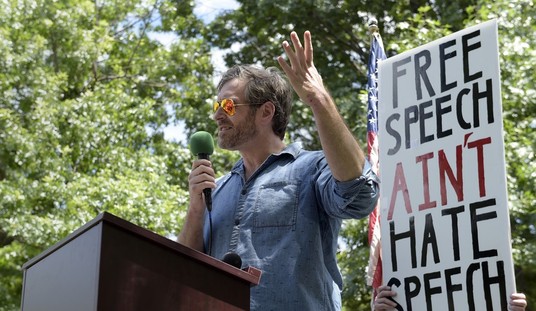I thought about this as I read Peter Thiel’s new book Zero to One: Notes on Startups, or How to Build the Future. The book description is as follows:
The great secret of our time is that there are still uncharted frontiers to explore and new inventions to create. In Zero to One, legendary entrepreneur and investor Peter Thiel shows how we can find singular ways to create those new things.
Thiel begins with the contrarian premise that we live in an age of technological stagnation, even if we’re too distracted by shiny mobile devices to notice. Information technology has improved rapidly, but there is no reason why progress should be limited to computers or Silicon Valley. Progress can be achieved in any industry or area of business. It comes from the most important skill that every leader must master: learning to think for yourself.
Doing what someone else already knows how to do takes the world from 1 to n, adding more of something familiar. But when you do something new, you go from 0 to 1. The next Bill Gates will not build an operating system. The next Larry Page or Sergey Brin won’t make a search engine. Tomorrow’s champions will not win by competing ruthlessly in today’s marketplace. They will escape competition altogether, because their businesses will be unique.
Thiel, the co-founder of PayPal, has an interesting chapter on secrets that he opens by stating: “Every one of today’s most famous and familiar ideas was once unknown and unsuspected.” The book asks the reader: “If you find a secret, you face a choice: Do you tell anyone? Or do you keep it to yourself?” Apparently, the best entrepreneurs know that every great business is built around a secret that’s hidden from the outside. “A great company is a conspiracy to change the world; when you share your secret, the recipient becomes a fellow conspirator.”
I imagine this “conspiracy” can be used for good or evil. I recently read Joel Kotkin’s new book The New Class Conflict, which described the tech community in Silicon Valley as an oligarchy:
In ways not seen since the Gilded Age of the late nineteenth century, America is becoming a nation of increasingly sharply divided classes. Joel Kotkin’s The New Class Conflict breaks down these new divisions for the first time, focusing on the ascendency of two classes: the tech Oligarchy, based in Silicon Valley; and the Clerisy, which includes much of the nation’s policy, media, and academic elites.
Many of these oligarchies use their influence as political propaganda or as a way to keep tabs on their users, not necessarily good “secrets.” I certainly don’t think that is what Thiel meant to have happen with secrets and start-ups but when you look at companies like Google or even YouTube where PC behavior guides their principals, one can’t help but wonder if a “conspiracy to change the world” is always a good thing for customers or if it is just good for the company that promotes it.









Join the conversation as a VIP Member